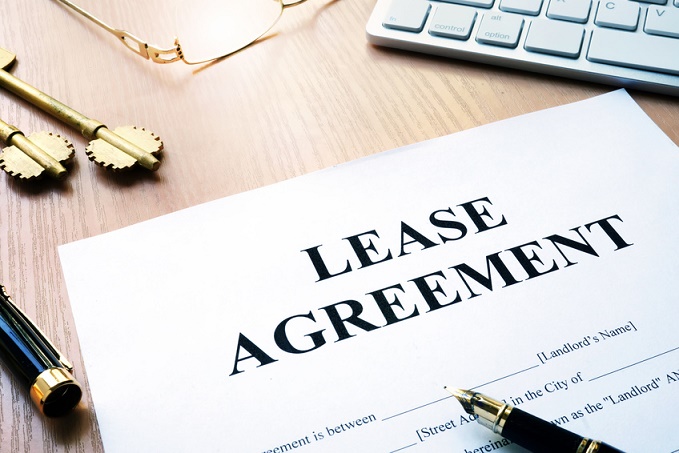
Variable outgoings in commercial real estate can be a source of much debate. And confusion! As always in commercial property management, it all depends on what you negotiate up front prior to the lease commencing. Clarity is always key to a successful landlord-tenant relationship so we’ve put this article together to help you understand exactly who pays for what and how it’s calculated in the world of variable outgoings.
Variable outgoings defined – what are they exactly?
Variable outgoings include everything from owners corporation fees, council and water rates to land tax, building insurance, property management fees, garden maintenance, security fees and so forth. Basically, most of the costs associated with running the property outside of the monthly rent.
Who pays for variable outgoings?
This is where it gets tricky. Many good landlord-tenant relationships come unstuck because this hasn’t been agreed on and it hasn’t been documented in the lease. (That’s why you should ask an experienced property manager to negotiate your lease for you – ask us about lease negotiation at HKC).
Under a regular commercial or retail lease, the landlord can generally negotiate for the vast majority – if not all – of the variable outgoings to be included in the lease agreement. That means it’s the tenant who pays.
The major exception, however, is with retail leases as the Retail Leases Act prohibits landlords from including land tax.
How are variable outgoings charged?
- On demand: this is simply a case of the landlord or property manager on-charging a bill for a variable outgoing to the tenant, e.g. the council rates. These outgoings are invoiced as the bill comes in and falls due.
- On a monthly basis: the variable outgoings are charged monthly based on an estimation from the previous year and then adjusted for inflation or a pre-determined fixed percentage. This figure is reconciled at the end of the financial year – if the tenant has paid less than the actual total of the outgoings, they will need to pay the difference to the landlord (and vice versa). A good commercial property manager will manage this process seamlessly so there should be no nasty surprises for either party.
- Gross Lease: this is where the tenant pays a flat amount (which includes the monthly rental and the monthly variable outgoings) and the landlord pays for all the bills directly.
When GST is applicable to tenants but not landlords
A tenant may be required to pay GST on the variable outgoings if the landlord is registered for GST. For example, council rates are not subject to GST when billed to the landlord, but they are subject to GST when on-charged to the tenant by the landlord or agent.
Retail leases – important additional considerations:
What to do about land tax?
A landlord cannot on-charge land tax to a retail tenant.
Don’t forget the Estimate of Outgoings!
In accordance with the Retail Leases Act, the landlord must provide the tenant with a written estimate of outgoings prior to the commencement of the lease agreement and also annually so the tenant knows how much they must pay for the year.
Liability for costs associated with the lease
Lastly, the Retail Leases Act does not allow a landlord to claim the landlord’s legal or other expenses relating to negotiating, preparing or executing the lease from the retail tenant.
Need expert advice regarding your commercial lease? Call HKC today, we’re here to help.

